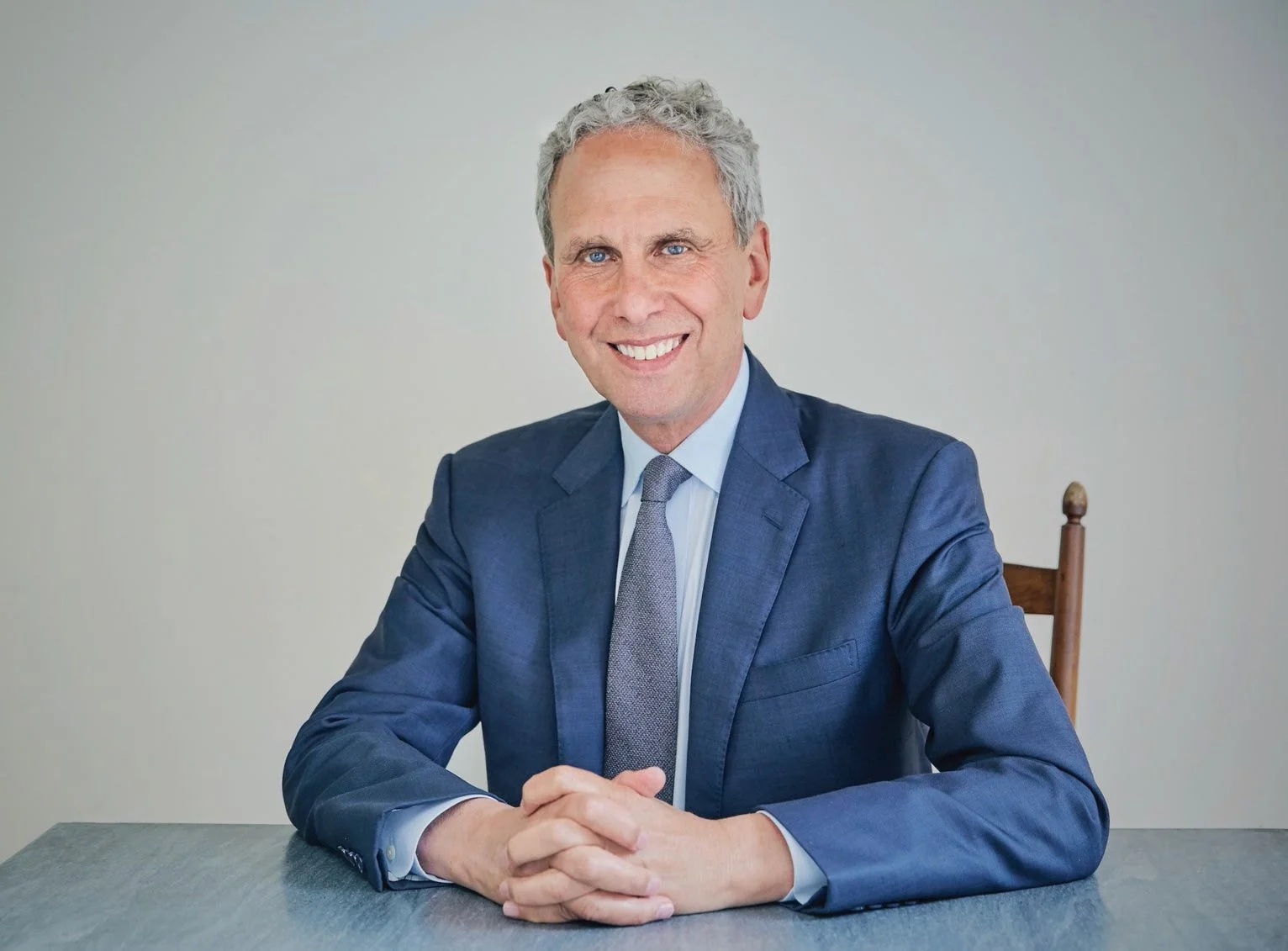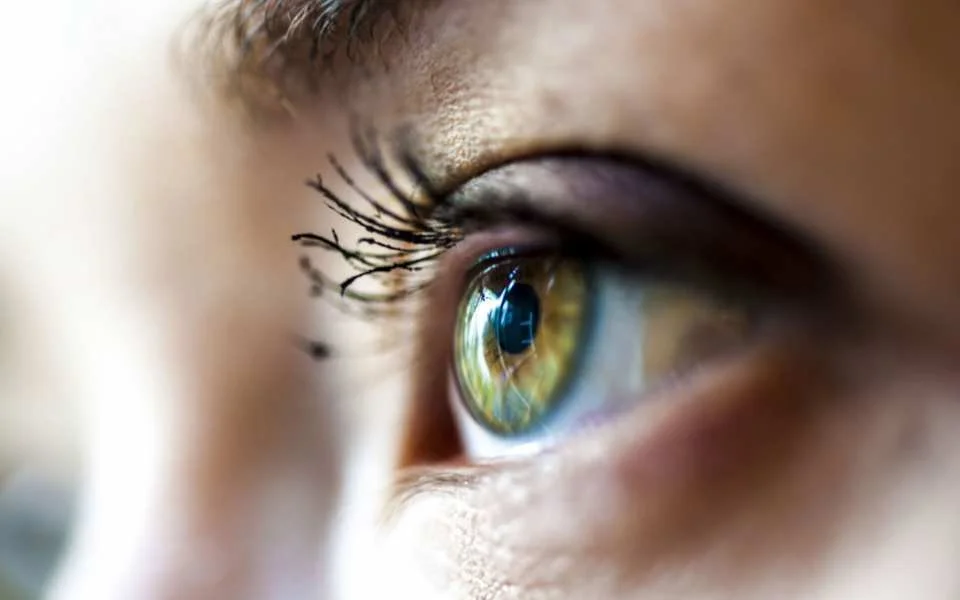Ayurveda & Vedic Science: The Science of Life
Ayurveda comes from the ancient Vedic tradition of India1, where it has been practised for more than 6,000 years. It is recognised by the World Health Organisation as the world’s oldest continuous system of Natural health-care. In its sanskrit roots, ‘veda’, means ‘pure knowledge’ or science, and ‘ayus’ means ‘life’. So Ayurveda is understood as ‘the total knowledge or science of life’. Ayurveda is both a time-tested science, having a recorded history of thousands of years as well as containing a history of highly evolved, healthy and long-lived individuals.
It is good to note also that Ayurveda is part of an even broader system of knowledge known as ‘vedic science’. Ayurveda comprises 9 out of 40 branches of this complete system of Vedic Health-care. Other branches include things such as ‘Jyotish’ (Vedic astrology – living in harmony with the planets/cosmic counterparts), Sthapatya Veda (the science of ‘building’ houses and offices in harmony with natural law) and Ghandharva Ved (balancing the cycles and rhythms of mind and body through the eternal ‘music of nature).
Unlike modern Western science, which is based on isolating specific aspects of health (which change every week depending on which aspect you look at – e.g. dairy, chocolate, red wine are good because they have ‘abc’, dairy, chocolate, red wine are bad because they have ‘xyz’), Ayurveda is what’s called a cognised science. Rather than a science derived from laboratory ‘experimentation’, it is a science based on the direct experience of the fundamental ‘laws of nature’ that govern our world. It is the ‘revelation of reality’, gleaned by the enlightened ancient rishis (seers of reality) who through their own highly refined nervous systems and higher states of consciousness could literally hear the primordial sounds of the universe. This unmanifest ‘hum of creation’ is literally what veda is.2
These primordial sounds give rise to the basic laws of nature that underpin all of life and thus reveal the ‘cardinal truths’ of our world. By being able to take our awareness to the level of these primordial soounds as the famous vedic aphorism says, we begin to ‘know that by which everything else is known’.
Now before his starts sounding a bit too weird, it’s actually much the same process by which most of the great scientific breakthroughs thoughout history have come. These have been through what are called ‘aha’ moments. The scientist gets a momentary insight or glimpse into the deepest level of nature’s functioning. In that moment they ‘witness the mind of God’ as it were and cognise or appreciate a deeper reality of the way life works – a far deeper and more ‘true’ reality than hundreds of peer-reviewed, double-blind, placebo studies would ever reveal. Expand those cognitions out to every area of life – all foods, exercise, climates, the effects of the buildings we live in, planetary influences and the like, and that’s Vedic science. (Ayurveda principally deals with areas such as herbs, diet, exercise, individual constitutions and the like.)
NATURAL LAW & THE LAWS OF NATURE
Central to the universal effectiveness of Ayurveda and Ayurvedic medicine is the understanding that the world we live in is governed by what are called ‘laws of nature’.
These laws of nature, infinite in number, are what regulate and give order and intelligence to everything in life, including us. We are familiar with natural laws like gravity, electro magnetism, the movement of the planets around the sun, and the magical way a young baby grows from infancy to adulthood.
All these events are governed by Mother Nature’s laws, which are eternal and universal. Importantly, just as there are natural laws that govern the rhythms and flow of life generally, there are certain laws of nature that govern the rhythms and flow of our individual bodies. Basic ‘natural laws’ govern everything from our digestion, our elimination, our hormones, our sleep cycles, our brain functioning, our emotions through to our internal healing mechanisms. When we live in harmony with these laws, rather than violating them as we commonly do in modern Western society, all our physiological functions attract the support of Mother Nature. Like swimming downstream instead of upstream, everything flows better, maintaining good health becomes simpler, and we experience more ease in life. When we truly understand these laws, we can have as much confidence in knowing what foods, exercise, vocations and relationships are best for us as we have in knowing that the ‘law’ of gravity will make the apple from the apple tree fall to the ground.
THE AYURVEDIC ‘DOSHA’ SYSTEM
In Western health-science, when aspects of health such as diet, supplements, and exercise programs are assessed, most people (and experts) tend to look for some universal remedy that is right for everyone. From the point of view of Ayurveda, this is crazy and doomed to failure. (Which most modern-day diet and exercise fads eventually do!)
What’s missing is an understanding of how we are all different…and most importantly, how different foods, exercise regimes and daily or seasonal routines will be ‘right’ and balancing for one person but not for another.
Ayurveda does just this in a most comprehensive way, through it’s timeless understanding of ‘the doshas’. According to Ayurvedic medicine, each one of us is comprised of a unique mix of three mind/body principles (doshas) which are responsible for our ‘unique’ physical, mental and emotional characteristics. The ‘doshas are the ‘governing principles’ of intelligence that govern everything in the universe…and therefore each one of us!
The three doshas are known as Vata, Pitta, & Kapha. Vata governs movement and communication. Pitta governs energy and transformation. Kapha governs structure and lubrication. Understand the three doshas and how to influence them and you literally hold the reins of life in your hand. Click here for more on understanding the doshas, your own individual mind-body constitution, what imbalances you are most likely to develop and how you might remedy them
PULSE DIAGNOSIS
Traditionally, the main diagnostic approach of Ayurveda has been that of ‘pulse reading’ or ‘pulse diagnosis’. This is where a trained practitioner places their fingers on a person’s wrist (radial pulse) and reads what is happening within the organs, tissues and tissue systems of their mind and body. Through pulse diagnosis a highly skilled practitioner can know what’s happening within a person’s physiology often with far more accuracy than many conventional diagnostic procedures. More importantly, reading the pulse allows them to be able to isolate the ‘root cause’ of any Imbalance (which the person may not even be aware of as the imbalances may not have manifested as symptoms at that point), and address it ‘before’ it becomes problematic. This could be done for example through appropriate diet, exercise, herbs or daily routine advice.
THE LOSS OF TRADITIONAL AYURVEDIC WISDOM AND MAHARISHI AYURVEDA:
Though the teachings of Ayurveda have largely been kept lively in India for many thousands of years, due to foreign invasion and occupation of India in recent times, some of the age-old wisdom of Ayurveda has become obscured, fragmented and even lost in some cases. Although there are many brilliant individual exponents of Ayurveda throughout India and the world, even in India today, what is recommended in the name of Ayurveda can vary widely depending on the physician or practitioner you see or the location you are in.
It was this loss of knowledge that inspired the Vedic scholar, Maharishi Mahesh Yogi, to gather together the foremost living exponents of Ayurveda and try to restore Ayurveda back to its original completeness and purity in accordance with the ancient Vedic texts. This is what’s now known as Maharishi Ayurveda.
With the rapid rise of modern-day materialism and sciences primary focus on the ‘physical’ level of life, Maharishi said that what we have most overlooked, to the great detriment of our health, has been the understanding of ‘consciousness’. Ayurveda understands consciousness as the fundamental, non-physical field of intelligence that underlies and governs all of life.
The knowledge of how the field of consciousness gives rise to all the ‘laws of nature’ governing human physiology and even more importantly, the technologies to ‘experience’ and enliven consciousness, is the most fundamental and practical aspect of life. Consciousness, and the development of ‘higher states of consciousness’ is thus seen as the foundation of our physical, mental and emotional health. Looking at health, without a focus on developing consciousness or the spiritual part of our lives is seen to be like building a house without building a foundation – no matter what you do on the surface level of food, exercise or herbs, to build a strong and durable body (the temple or house we live in according to the ancients), the house will eventually fall down. This is the essence of Ayurveda, and why in Maharishi Ayurveda for example – the approach I was trained in – its core focus is on enlivening consciousness. This is done through ‘technologies of consciousness’, such as the popular Transcendental Meditation or TM technique. When you enliven consciousness, all other aspects of life, being by-products of the non-physical, are automatically enhanced.
SUMMARY:
There is only one Ayurveda, as the laws of nature are the laws of nature. However, the application of Ayurveda can vary according to what aspects are given most attention. Either way, the age-old ideal of Ayurveda is to raise one’s life to higher states of consciousness. As we develop our level of consciousness, we begin to live more effortlessly in tune with ‘Natural Law’. When we live more in harmony with the fundamental ‘laws of nature’ that govern all of life, sickness and suffering are reduced, and the prospect of enjoying good health, happiness and long life become the natural reality.
NOTES:
1. VEDIC SCIENCE (INCLUDING AYURVEDA) IS NOT INDIAN.
While it is true that Ayurvedic medicine and Vedic knowledge have their roots in India, and have been used and kept most lively in that region throughout time, it is important to realise that, in their essence, they are not Indian (or Eastern).
Gravity is a universal, eternal law of nature. It works the same whether one is in Japan, America, Thailand, India or Mozambique. The fact that Isaac Newton formulated the scientific law of gravitation does not in any way make gravity English, just because he was an Englishman. Einstein was a German Jew. However, nature’s intricate workings related to his theory of relativity are in no way more German or Jewish than they are Canadian, Turkish, Buddhist or Islamic. They are universal principles. Vedic Science and Ayurveda should be seen in the same way. Ayurveda merely expounds the universal laws of nature that are common to all people. While natural laws can be expressed differently in different parts of the world, the fundamental principles Ayurveda expounds apply equally to people of all countries, all races, all religions and all beliefs. Although it is vitally important to respect and honour those individuals and countries who keep the essential ‘knowledge of life’ pure and lively, it does not ‘belong’ to or apply to one group more than any other. It applies equally to all of us.
2. ANCIENT VEDIC TEXTS DESCRIBE THE ORIGINS OF AYURVEDA IN A STORY ABOUT A SPECIAL MEETING OF ENLIGHTENED SAGES (RISHIS).
Having witnessed the growth of sickness and suffering in the world, they sought to rediscover the fundamental truths of health and healing so that suffering could be eliminated. In order to uncover these secrets, they all meditated together in a large group, thus enlivening the unbounded field of ‘veda’ (where all knowledge resides). While they did this, one of the rishis – Bharadwaja – remained out of the meditation, out of the transcendental field of consciousness, and was therefore was able to ‘cognise’ the eternal wisdom of Ayurveda.
ARTICLE WRITTEN BY MARK BUNN
Mark Bunn is the Founder of Dharmic Living and author of the three-time best-selling ‘Ancient Wisdom for Modern Health‘.
Featured ARTICLES
Topics
- Alcohol 1
- Allergies 1
- AntiInflammatory 2
- Arthritis 1
- Asthma 1
- Atkins 1
- Autumn 1
- Ayurveda 22
- Ayurvedic Medicine 12
- Ayurvedic Science 2
- Bad Breath 1
- Beer 1
- Blood Sugar 1
- Bob Roth 1
- Body Odour 1
- Breakfast 2
- Breathing 1
- Business 2
- Butter 1
- Caffeine 1
- Cancer 6
- Carbohydrates 2
- Cataracts 1
- Charcoal Water 1
- Cholesterol 3
- Coffee 1
- Cold & Flu 1
- Cooking 1
- DR JR Raju 2
- Daily Cycles 2
- Dehydration 2
- Dental 3
- Detox Drinks 1
- Diabetes 1
- Diet & Nutrition 44
- Dieting 2
- Digestion 9
- Direction 1
- Disease 1
- EMF 1
- Earthing 2
- Eastern Medicine 1
- Eating 1
- Eating Out 1
- Exercise 9
- Eye Health 1
- Fish Oil 1
- Flaxseed 1
- Food Quality 2
- Forest Bathing 1
































